Modern and multicultural Birmingham thrives in a racially challenging world
Jon Bloomfield is back in Birmingham, a city embracing second and third-generation migrants. He talks to confident locals, who are the very antithesis of everything Roger Scruton and Nigel Farage stand for

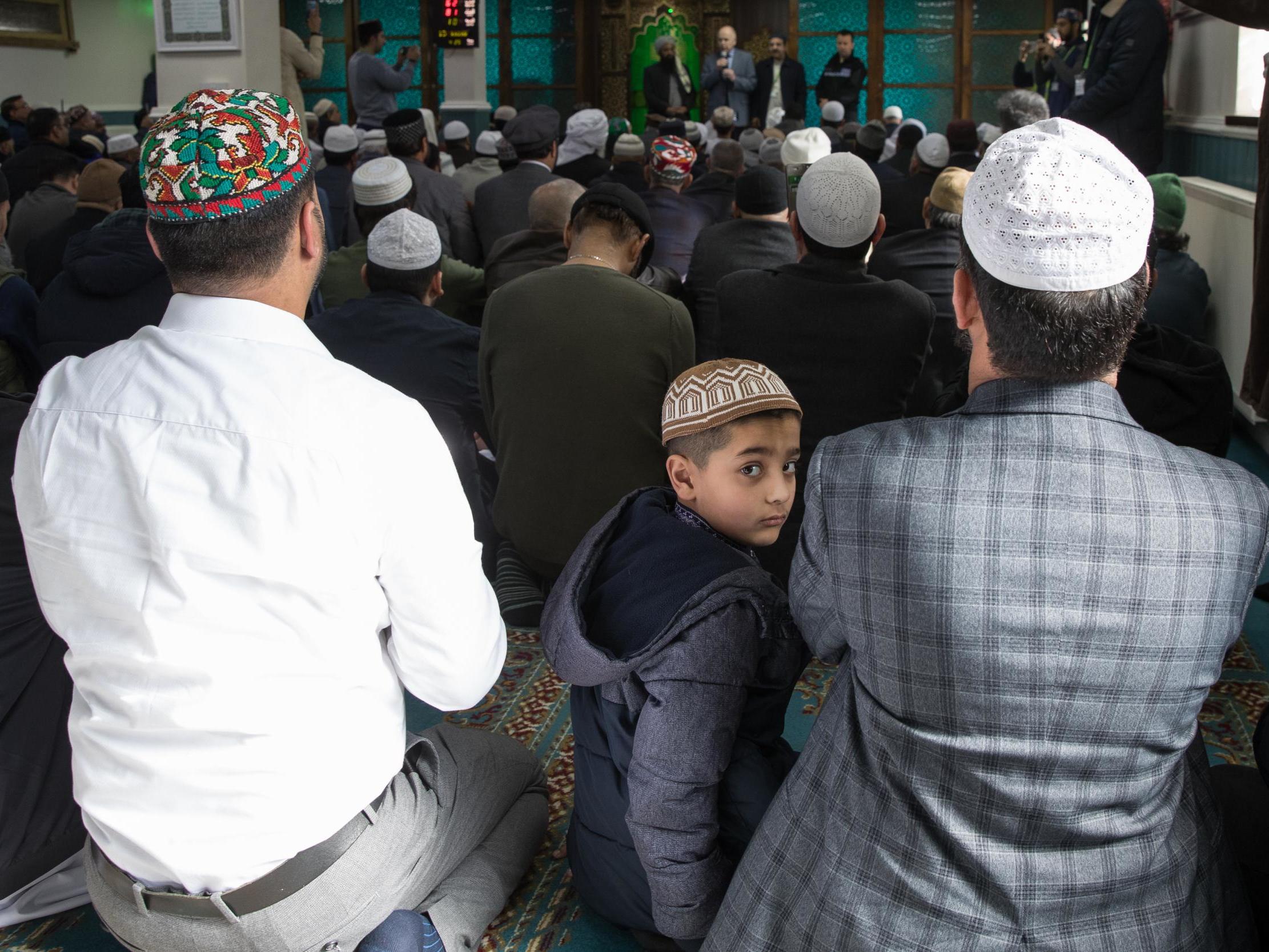
Few British politicians would now tell a black or Asian person to “go back to where you came from”. Yet influential voices maintain the spirit and ideas of Enoch Powell. The conservative philosopher Roger Scruton and the Spectator commentator Douglas Murray are just two who follow in his footsteps, regurgitating assertions that integration is very difficult and, in the case of Muslims, logically impossible, even for the British-born children of immigrants.
Nigel Farage has been batting on the same track. He never has a good word to say about migrants and recently claimed that many migrants don’t even want to learn English. This diet of negativity – as Boris Johnson would say – contrasts with reality on the ground. Wandering around Birmingham, Britain’s second largest city, it quickly becomes obvious how false the Scruton/Farage picture is: here 44 per cent of the population has a migrant background and first, second and third-generation migrants are part and parcel of city life. They work hard and make it tick.
Jon tells me he has been working at New Street station for 12 years. Black and in his thirties, his mum and dad migrated to the UK from Jamaica in the 1970s. Jon likes his job and living in Birmingham. He is married to a fellow black Briton of Jamaican origin, lives not far from the city centre and has two kids who are doing well at school. “The city feels good and well-integrated.”
Around the corner, I pop into Boots for my eye test. I’m seen by Harpreet, whose parents came from India. Like many immigrants, his parents encouraged his education; he passed the 11+ and went to a King Edward grammar school, then to Aston University where he got his qualifications in ophthalmology and work at the chemist. A few days later I take the car in for its MOT. The VW customer rep is a middle-aged woman whose parents came here from India in the 1960s. She lives in east Birmingham and has been working at the garage for over a decade. She is delighted that one of her three children has just started working as an apprentice in the repair and maintenance workshop.
Second and third-generation migrants are making their way in all walks of life. Setting up a business is one common trend. One of six children of Bangladeshi parents, Amin was born in inner-city Aston in 1975 and loved music and drama. His skill in computers meant that he could go to the local university and there he found a new outlet for his musical interests as a disc jockey. He played a mix of bhangra and hip-hop and began to promote “urban student nights”. For 25 years he has earned a living as a DJ and promoter across the Midlands at gigs with up to two thousand people in the audience. He built up his following at the University of Central England, now Birmingham City University, and then expanded from there into neighbouring universities and the club scene across the Midlands. “Initially as a promoter I found it hard getting into clubs but, once I got in, they adored me.”
He plays hip-hop because it is storytelling, rapping in English on themes he is comfortable with and can relate to. He doesn’t play gangsta rap as he feels its violent themes are antithetical to his Muslim beliefs. It’s mainly those of an Indian background who attend his dance nights. He doesn’t see music as a contradiction to his Muslim outlook, although he has encountered a few fundamentalists who say it is “haram”, meaning forbidden. He neither smokes nor drinks but believes it’s up to each person to make their decisions. On relationships, he’s dated non-Muslims but has now married within the faith.
Amin has done well in the music business. As he coyly puts it, “he’s earned decent money”, but long hours and late nights have started taking their toll. With the money he’s made from DJing, he has branched out into the food business, first with a pizza restaurant and now with Charlie’s Kitchen, an all-day cafe in Lozells, an area in west Birmingham, open from 8am till midnight. He employs eight staff across two shifts. Amin prides himself on the full English breakfast but served with halal sausage and no pork. It might freak out Piers Morgan, but Amin says his customers – including his white British customers – “love it”.
He feels relaxed in Lozells. The area has changed a bit since his youth, when it was more heavily Afro-Caribbean, and there were some serious tensions between the communities in 2005. But he never had any aggravation at the black clubs he DJed at in the 1990s and 2000s, and these days he says you get the occasional hiccup but no real tension.

Yvonne has a similar entrepreneurial spirit. The Playhouse nursery is a converted end-of-terrace house on the western side of Birmingham. The porch is decorated with a colourful montage of the children’s activities along with clear messages about the nursery’s philosophy: “I am diversity: include me”; the seven stages of learning; and expectations of good behaviour.
Her parents had come from the Caribbean in 1954 and lived and worked in Coventry. She came to Birmingham in 1981 when she married. She’d had problems finding daycare for her first child. Fortunately, she struck lucky with the Playhouse, a private nursery run by two female solicitors, Christine and Fay. When her second child was born, Yvonne fancied the challenge of running her own nursery.
The Playhouse owners asked her if she wanted to buy their business but every bank she approached “turned her down flat”. A bank manager at Natwest told her that “the white middle-class won’t send their kids to a nursery with a black owner”. Fortunately, Christine and Fay were generous and offered a long repayment period so with a loan from the Co-op Bank the deal went through and the business hasn’t looked back.
Yvonne now runs three nurseries in the area. Sitting in her cramped offices, she tells me that 150 kids aged six months to three years are on the register and come from all backgrounds – white, black, Asian, eastern European, with the occasional Malaysian, Japanese and African. It’s varied across all the nurseries with an interracial mix including black-Swedish, black-Romanian, and black-Bulgarian.
Her staff are similarly heterodox and include those from Spain, Nigeria and Japan as well as white, black and Asian British, the latter of Muslim, Sikh and Hindu background. As the notices and posters dotted all around the porch entrance make clear, the nursery provides for all cultures. All the children get along and as Yvonne proudly says, “we haven’t had any racial incidents in any nursery in all my 32 years in the business”.
Maryam was brought up in a strong Muslim household. “Comprehensive education and grants allowed me, my brothers and sisters to get to university. There I met a whole range of other people and opened my mind from small-town Nuneaton.” From being a teenager who wore a burqa, she became a non-believer, who would dance, drink occasionally and end up marrying a white man. She pursued a successful career in the public and voluntary sector across the Midlands, ending up in a senior position in Birmingham Women’s Aid, where its six refuges accommodate 250 women a year and support thousands of others. She reflects on her career: “I was able to make reasonable progress. At most interviews, I did manage to get the job. Post Stephen Lawrence I was in organisations that understood prejudice. But these systems have collapsed since 2010.”
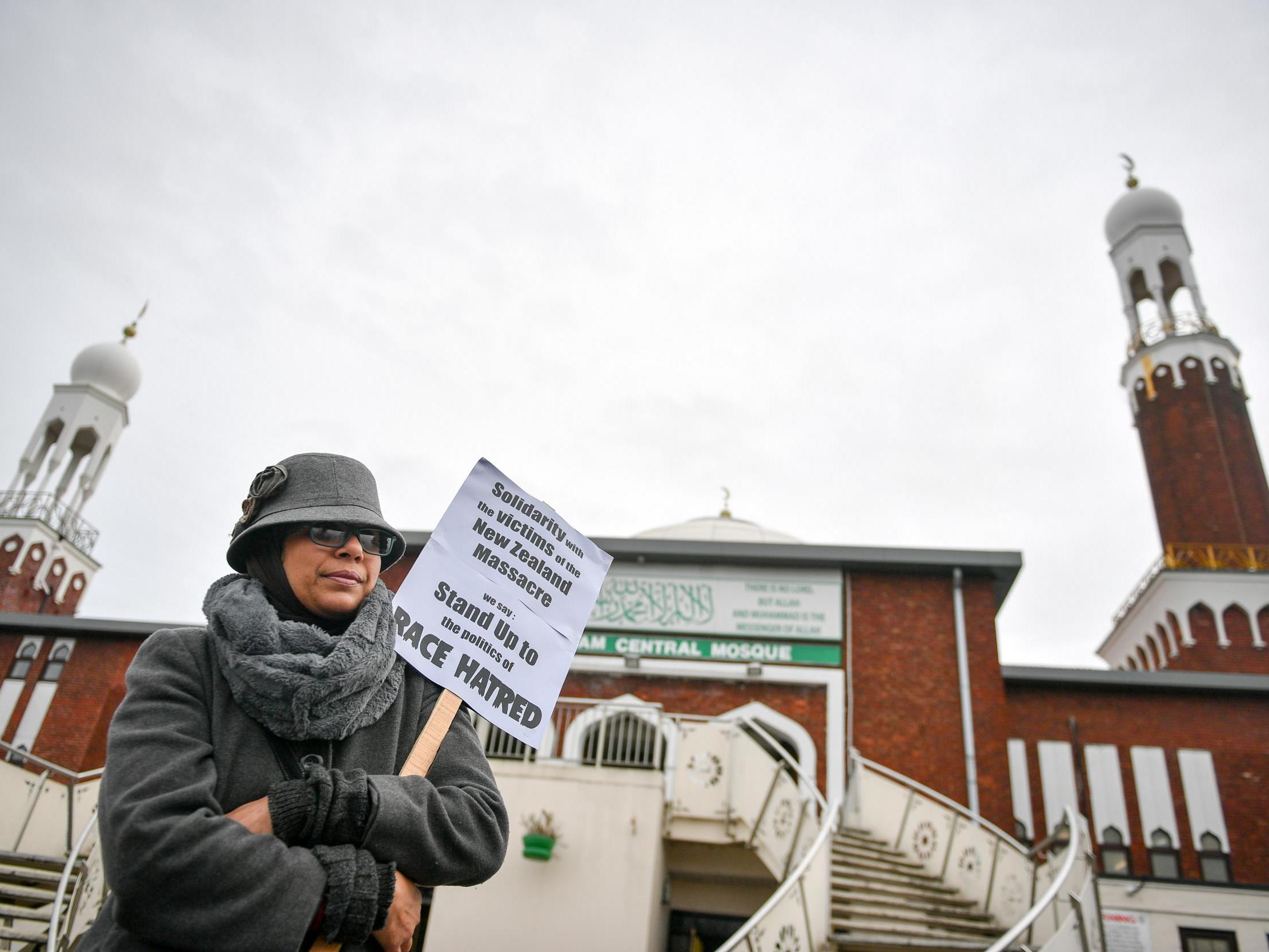
International events over the past two decades have modified her thinking. She finds terrorist groups abhorrent: “These people blowing people up are thugs; they have nothing to do with Islam.” However, she is also appalled by the war on terror and the religious fundamentalism rife under Modi in India. She now calls herself a Muslim atheist.
“My nieces and younger cousins, all brought up here and professionals, are all intensely religious. They’re not being forced by their husbands and fathers but all wear the hijab. It’s a way to defend your own community, not the religion. That’s why I have pinned this label on myself. I am part of my community, but I am not religious. It’s important you understand your culture, particularly to deal with this onslaught.”
At most interviews, I did manage to get the job. Post Stephen Lawrence I was in organisations that understood prejudice. But these systems have collapsed since 2010
She also tells me how this culture is changing the social life of inner Birmingham neighbourhoods. Dessert parlours and cafes have emerged in the past few years, full of girls with headscarves but tons of make-up, proud of their Muslim identity. “Some of my nieces and cousins dye their hair with henna. These are social spaces; a safe space for them; a place where they can go out, chai and chat.” Local entrepreneurs seeing new youth markets and bringing renewed life to our inner cities!
There are migrant households where devout religious beliefs, tightly knit family connections and strict gender roles make for a tough upbringing. That was Zainab’s experience. One of five children, and despite a promising career at school, her traditionalist mum wanted her to marry. “When I was 16 she took me to Pakistan to marry me off. In the 1980s there were no laws on forced marriage. I was isolated there. My mum got a bit physical when I said no.”
Her husband was from a spiritual, well-off Sufi family in Lahore that was very strict and forced her to wear a burqa. She found it so difficult that after a few weeks she came back to her mum in Birmingham with her husband visiting only occasionally. Her new brother-in-law was a controlling influence, forbidding her from driving or even sitting in the front seat of a car.
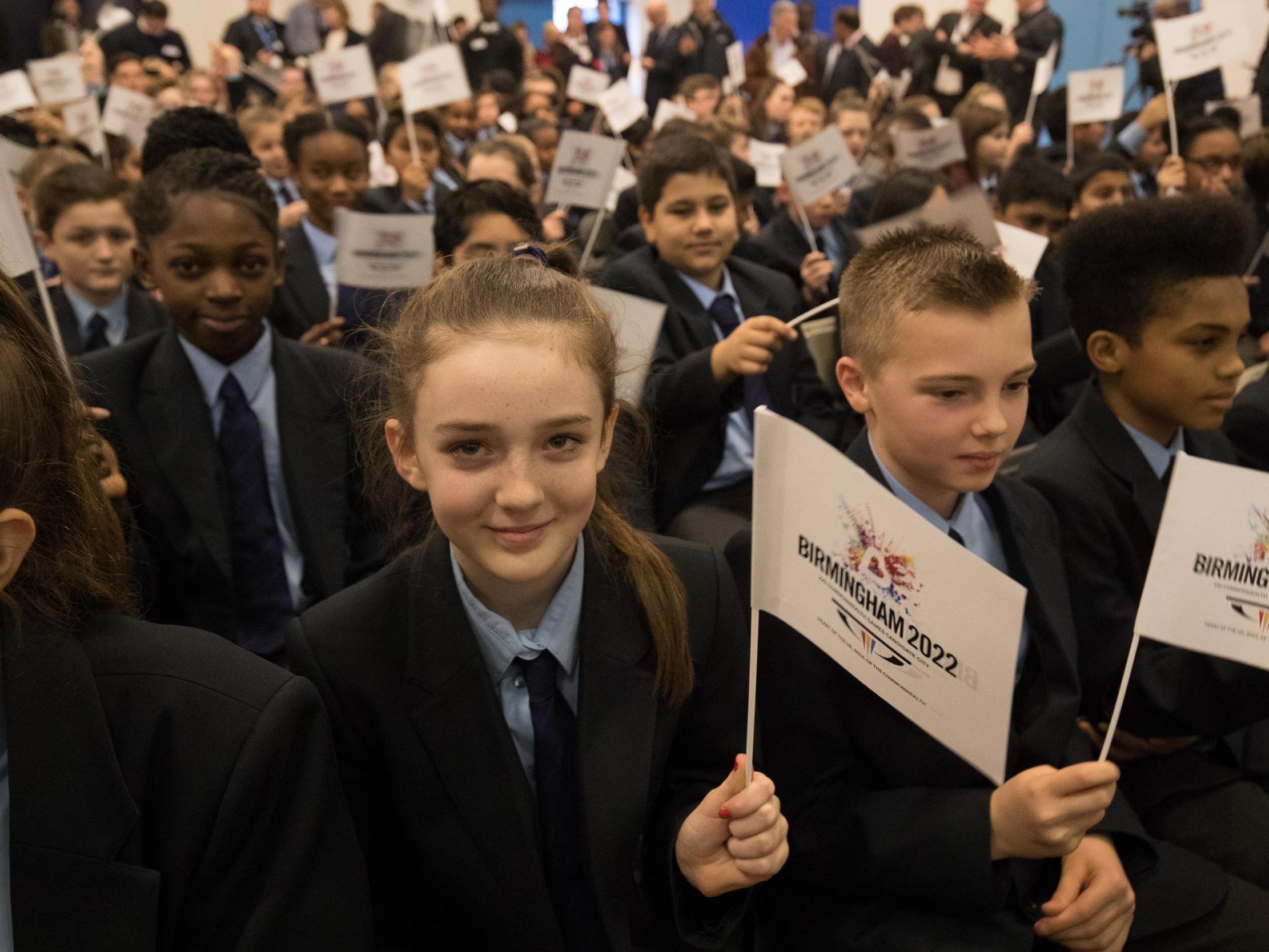
This story fits the Scruton stereotype. Yet Zainab’s spirit – “I was a tomboy in my youth” – won through. While looking after her four children, she did voluntary work at the mosque to get her out of the house and then Islamic studies at a local FE college, followed by theology at Birmingham University. She used theological teaching to challenge the strictures of the imposed culture as against the original statements of her religion.
A two-year course in youth and community work in Manchester followed, driving daily from Birmingham. Then came the big move. She applied to be a constable in the Metropolitan Police. She wouldn’t apply in Birmingham because of family pressure. At the 18-week course in Hendon, she was the only Bame person in her class. It was her first time living away from home. She found it difficult, but she was determined. “I didn’t wear my hijab but it’s my morality that is important, not what I wear.” There was no explicit discrimination though she says two of the sergeants made her feel “small”. The course was tough, but she got through it, ignoring one of the sergeants who said to her after she had passed, “you’ve still got time to leave”.
For 17 years she’s served as a PC in a London borough and until now has never wanted to move up the ranks. She works on a four-day shift pattern and we meet after she’s come off an 11-hour stint and arrived home at 2.30am. “Helping people, that’s why I do it. It has kept me strong. I see and deal with all aspects of life: deaths, suicides, fighting, welfare checks on children, sexual assaults, drugs, stabbings. I do lots of domestics and sometimes use my Punjabi, Urdu and Hindi.”
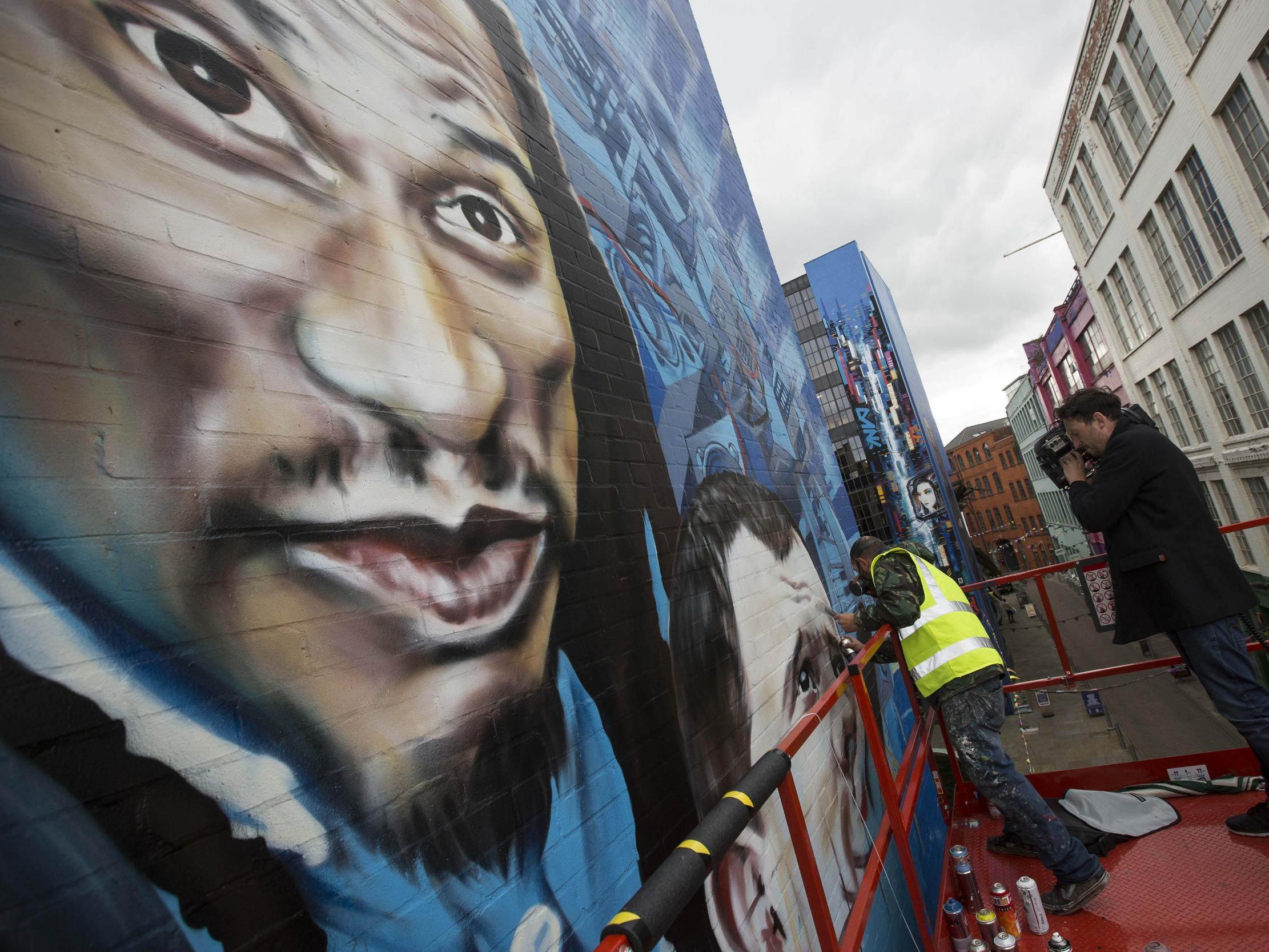
She says it’s easier for ethnic minorities now in the force, even if Met Police Bame staff numbers at 14 per cent still lag well behind the diverse London population it serves. “There are more of us; there is more support. I see more female Asian faces.” In her team of 30 there are a few black constables and some mixed race. She finds it hard going when it’s hot during the month of Ramadan and complains that the senior bosses don’t listen to constables on the beat. The pressures that come with the cutbacks are real but her team sergeants are “brilliant”.
Matter-of-factly she says: “I just accept that in this work things could happen and I could get killed. It’s part of the job.” As to the future, she is wondering whether to go into a specialist division, maybe firearms, “to show that women can do it” or perhaps the Special Branch, to join some of her black and Asian friends.
Zainab’s experience not only defies the Scruton stereotype, but it has also helped change her family. “Even my mum is proud of me now.” And her husband too, while the brother-in-law “now admires me for what I do”. She feels the sacrifices she has made have been worth it.
Like so many migrants she stresses the importance of education. All her children have gone to university. Although one daughter dropped out, she now runs her own business. The world has changed since Zainab was growing up and she is open in ways that her mother wasn’t. On the controversy at her nearby Anderton Park primary school where religious fundamentalists have been demonstrating against the teaching of relationship education, she is firm. “We’re not in a Muslim country. You can’t force your views on the school and disrupt children’s education. If you want to demonstrate, go to the Houses of Parliament. I’ve got friends who are gays in the police force and they’re very supportive of me and my beliefs. Kids need to learn about other people. Why would you not want to?”
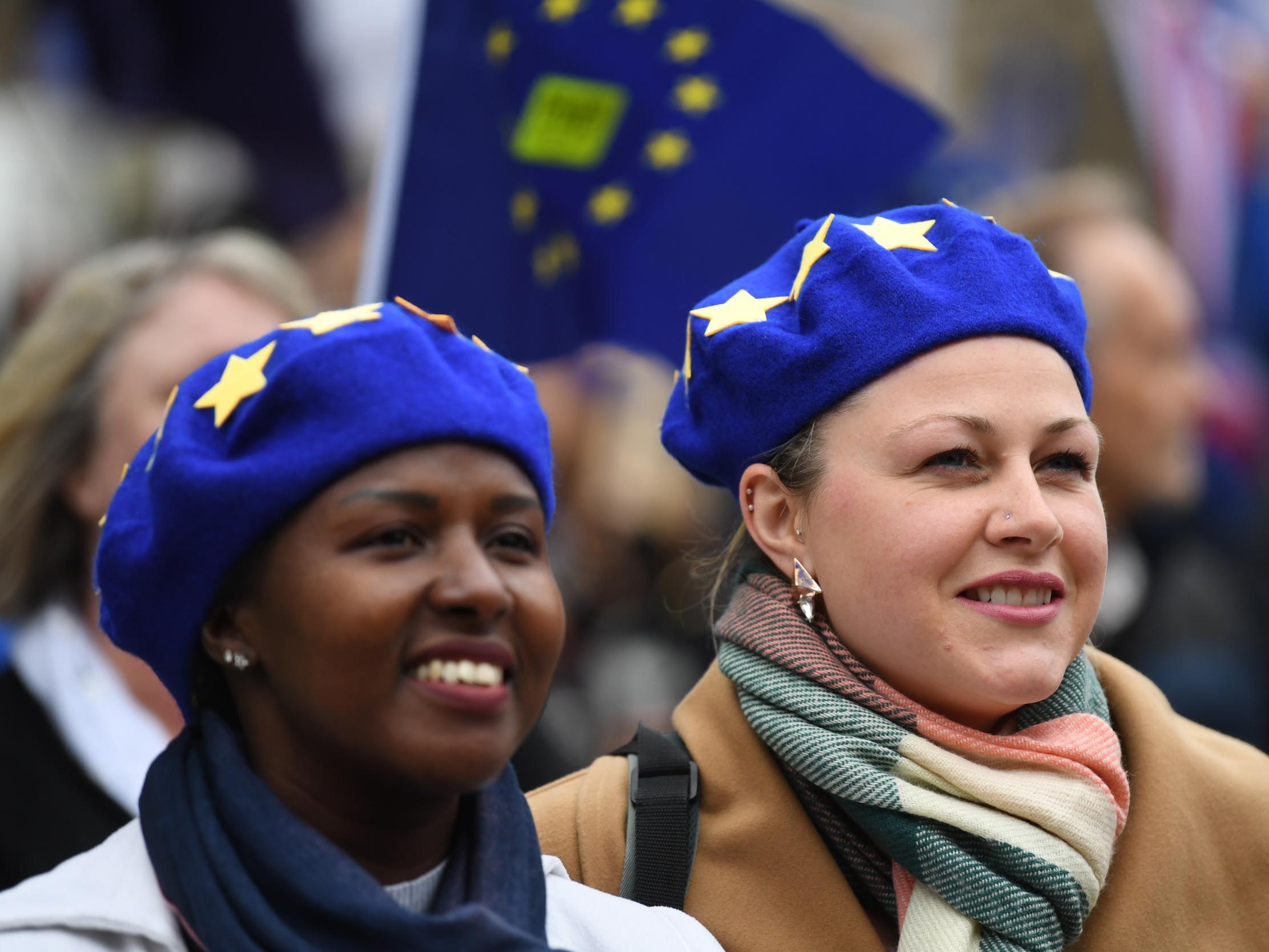
Veterinary medicine is like the police 20 years ago: an all-white zone. Just 2 per cent of the profession has another ethnic background. But that hasn’t stopped Fabian. The grandson of Jamaicans from the Windrush generation who came to work in Birmingham, he doesn’t fit the standard image of a vet. Young, tall and with dread-locked hair, Fabian has loved animals since he was a kid.
“It’s the standard cliche, I know, but it’s true of most vets.” As a teenager, getting hands-on, practical experience was difficult, but he managed to work at animal charity clinics in the city before going to university. He chose to go to the world-famous veterinary institute in Brno, Czech Republic, “because I like new experiences”.
The fees and lower cost of living meant it was cheaper and the whole course is taught in English. Its specialisation in exotics was attractive and his resultant expertise helped him gain a post at an independent practice in Birmingham, where he splits his time 50/50 between basic activities – cats and dogs – and the specialities, from ferrets to falcons and lizards to iguanas. “You name it, I’ve seen it.” After six years of university training, he gets a good starting salary. “Birmingham isn’t the prettiest place on the planet but I have an enjoyable life here. The city has a nice balance and unlike London, you’re never too far away from the rural.”
He is very aware of the lack of ethnic diversity among vets, especially compared to doctors and dentists. “I’ve had ‘off’ comments from some clients. Sometimes I am seen as a bit of a novelty.” He’s involved with the British Veterinary Ethnic and Diversity Society, which is trying to get recognition from the Royal College of Veterinary Surgeons. They are addressing a range of issues: the lack of role models, overcoming racial ignorance in many rural communities, and extending opportunities for the necessary hands-on training for urban youngsters.
Fabian runs his own website, called Dready Vet, which serves as a platform to discuss both individual cases and wider issues of slaughter, veganism and animal welfare. He’s very aware of the need to overcome structural barriers and obstacles within and around the profession. He knows that role models are important but is very aware that “successes are individualised; failures are communalised. If support systems were in place, there’d be fewer failures. Talent is equally distributed: but people need the support systems.”
Being a vet fulfils his lifetime ambition. “It’s a really high-status career, especially in this country where people love animals.” It’s in the less attractive areas like meat and milk hygiene, in the abattoirs and milk processing plants, that most of the official veterinarians are EU nationals rather than British. There he sees real uncertainty and danger for the food and dairy industry if the UK pursues a hard Brexit.
Over the past 25 years, there has been a huge improvement in GCSE grades among Birmingham’s minority communities. The city’s universities increasingly recognise the talent pool on their doorstep, with Aston University leading the way. Well over half its total student population, many drawn from the local area, come from black, Asian and other minority backgrounds, the highest proportion of any UK university.
Amna is a third-generation Pakistani. Born and bred in Birmingham, her grandparents came from Rawalpindi more than 60 years ago. She lives with her mother and three brothers in the largely Asian neighbourhood of Hodge Hill in east Birmingham. She is studying sociology and is currently president of the student union. She proudly shows me around its new premises, which is kitted out with solar panels, gender neutral toilets and Muslim prayer rooms combined with advice and mental health services, broadcasting and podcast facilities and multi-purpose spaces for dance and theatre.
Our union is the heart of campus, and we promote it as a home away from home. It welcomes everyone regardless of their background. That’s always been our purpose and that’s what we do now
Her Muslim beliefs show not in her dress but through the values that she espouses. Religion is a key part of her identity, but she sees the crucial component of her religion being in the responsibility to respect and show kindness to others. She has gay friends. “You have to respect them. They can’t change who they are” – a view shared by her three younger brothers. Of course, there are many in her community who disagree, “including aunties and uncles whose great fear is finding that their son or daughter have ‘turned’ gay”. She is happy to date guys who are not Muslim, but she has her boundaries. If it was to be a long-term relationship for marriage, she’d expect them to adopt her faith.
She was attracted to Aston by its openness and variety. “I wanted to mix more widely than I could do in Hodge Hill. My role as union president is to change student experience for the better.” She and her colleagues have designed the student union as a comfortable intercultural space where people can mix easily. “Our union is the heart of campus, and we promote it as a home away from home. It welcomes everyone regardless of their background. That’s always been our purpose and that’s what we do now.”
Over the past two summers, English sport is clearly more comfortable and stronger for being multiethnic. But it’s not only sport. These stories show how second and third-generation migrants are transforming business, public services and the professions. Progress is varied but it is real. The nativists don’t like it, but a new, mixed country is emerging. Zainab with her police helmet, Fabian in his practice and Amna with her signature long dark hair – dyed pink at the ends – draped over her shoulders, are the antithesis of everything Scruton and Murray stand for. They are the confident faces of a modern city in a changing country.
Some names have been changed for this article
Jon Bloomfield is the author of ‘Our City: Migrants and the Making of Modern Birmingham’ £18.99 published by Unbound, available in bookshops and online

Join our commenting forum
Join thought-provoking conversations, follow other Independent readers and see their replies
Comments
Bookmark popover
Removed from bookmarks